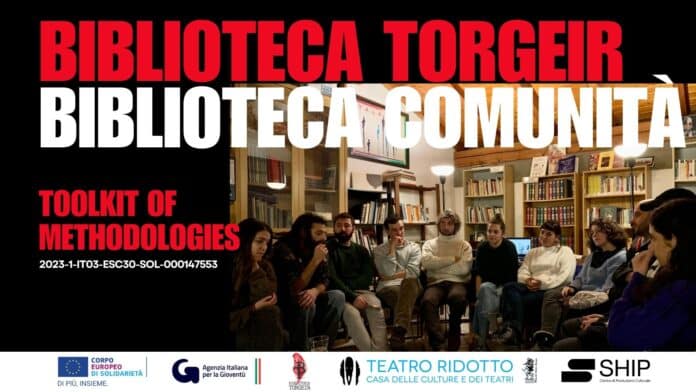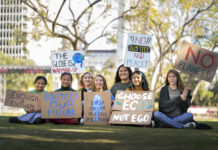The Torgeir Library, Community Library project, funded in Lavino di Mezzo, Bologna by the ESC programme in the framework of Solidarity Projects, uses arts and culture to foster social change and community engagement. Designed to bring together youth and seniors, the project aims to strengthen local bonds and promote European values through non-formal education. Recognizing limited cultural resources in Lavino di Mezzo, the Torgeir Library project seeks to transform its space into a hub of inclusive, creative activities that connect generations.
Key Objectives of the Torgeir Library Project
The project revolves around several key objectives:
- Strengthening Community Bonds: By creating shared experiences, the project bridges generational divides and fosters a strong local identity.
- Encouraging Youth Involvement: Young people gain leadership experience by planning events, engaging with their community, and exploring their roles as active citizens.
- Promoting European Values: Activities within the project highlight themes like environmental awareness, social inclusion, and gender equality.
- Supporting Collaboration: Partnering with local organizations and cultural institutions, the project enriches community events and expands outreach.
- Utilizing Non-Formal Education: Interactive and experiential activities make learning accessible and relevant for participants of all backgrounds.
Activities and Workshops for Youth Workers
The toolkit offers detailed descriptions of engaging activities for youth workers aiming to replicate the Torgeir Library’s success. Here are some examples:
Interview on the Social Role of Theatre and Culture
In October 2023, volunteers held an interview with social scientist Marcello Gallucci to discuss the impact of theater on social cohesion and critical thinking. The event, celebrating Teatro Ridotto’s 40th anniversary, highlighted how the arts foster community identity and civic engagement. Youth workers can replicate this by hosting similar discussions in community spaces, allowing young people to explore the role of arts in society.
Photography Workshop on Gender Equality
In December 2023, a photography workshop encouraged young participants to use visual storytelling to express perspectives on gender and LGBTQIA+ rights. Through guided activities, participants captured images that challenged stereotypes and encouraged inclusivity. This workshop served as a safe space for discussing identity and equality, which youth workers can adapt to explore similar themes in their own communities.
Climate Change and Sustainability Event
Led by journalist Lorenzo Tecleme, this workshop focused on environmental policies and the role of citizens in combating climate change. Youth workers and young people discussed sustainable practices and the importance of climate justice. This session inspired intergenerational dialogue, with local seniors performing readings to enhance awareness. Youth workers can create similar events to connect community members in meaningful discussions on environmental responsibility.
Mental Health Awareness Discussion
In April 2024, anthropologist Lavinia Consolato facilitated a discussion on mental health stigma, supported by senior residents’ readings and a student-made film on the topic. The event provided a safe space for open dialogue on mental health, encouraging participants to share perspectives and break down stigmas. Youth workers can replicate this activity to foster understanding and openness in their own communities.
Theater and Historical Research Workshop
In May 2024, the Theater and Historical Research Workshop introduced participants to the art of scriptwriting inspired by historical events. This workshop allowed young people to delve into historical research, transforming significant moments into scripts that reflect community identity and shared European values. Participants engaged in creative writing exercises and learned dramaturgy techniques that highlighted the importance of communal storytelling. By exploring history through theater, young people developed a deeper connection to their heritage and gained valuable skills in artistic expression. Youth workers can adapt this workshop to empower young people to explore their own cultural narratives and foster pride in local history.
Community Vision Workshop
“The Library of the Future” event invited community members to envision the future of the Torgeir Library through a treasure hunt and collaborative exercises. Participants proposed ideas for future activities, highlighting shared values and local needs. The workshop’s results were shared on Padlet to encourage ongoing input. Youth workers can apply this method to engage community members in shaping shared spaces and activities.
Practical Applications for Youth Workers
The Torgeir Library Toolkit offers youth workers a model for using arts and non-formal education to address social issues and promote active citizenship. Each activity includes methodologies, materials, and facilitation tips to help youth workers implement similar initiatives. By adapting these workshops, youth workers can create inclusive spaces where young people engage in meaningful dialogues.
You can access the toolkit from HERE.
For further insights on using arts for social change, you can explore this article on Creative Educators of Digital Arts & Culture on Youth Networks.










